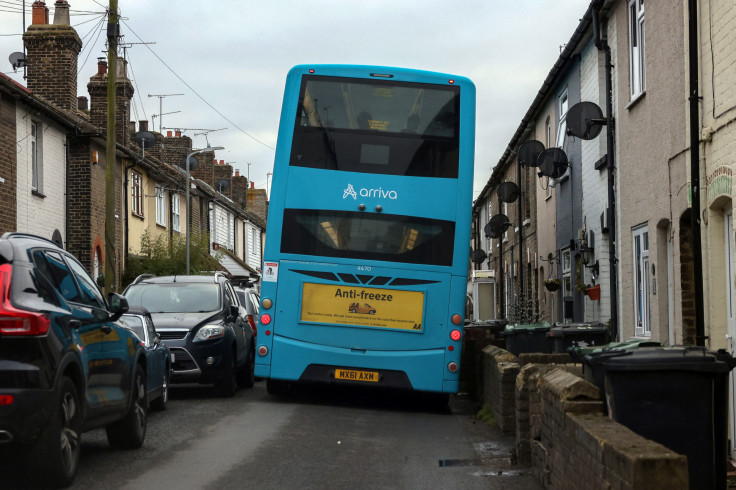Over £16 million in funding to be awarded to the county of Kent to improve its local bus services
Residents of Kent will benefit from the improved bus services as they will be able to experience more reliable journeys and save up on travelling expenses.

The Department for Transport (DfT) have today announced that new government funding is set to be provided to Kent County Council in order for bus services in the area to be restored to high standards. The funding will be worth £16.1 million and is set to go towards lowering bus fares, ensuring better punctuality and cutting down the duration time of journeys in Kent, whilst also helping grow the economy.
This announcement means that Kent's bus services will have received just over £35 million in funding since last year as there was an initial investment of £19 million from the government. Also, the latest funding arrives just before the 'Big Free Bus Weekend' in Kent on the 24th and 25th of June, where all bus journeys will be totally free of charge across the county.
One of the key aspects to helping strengthen the economy is better and reliable connections in the transport sector and improving the local bus services in Kent. This can minimise transportation costs for local residents, allowing them to save money, travel seamlessly to work, go out shopping, get to any personal appointments and meet up with close friends and relatives.
Roads Minister, Richard Holden, clarified why the funding was going towards Kent's bus services. He commented: "Many people across Kent rely on the bus to get to work and go shopping, attend medical appointments and see friends and family. That is why today we're confirming over £16 million on top of our previous £19 million investment to boost Kent's bus services and help build the modern, reliable and affordable bus network all residents in Kent deserve."
This funding is off the back of £200 million being invested into helping people save money on travel expenses with the extension of the £2 bus fare cap up until the end of this October. From then onwards, the bus fare cap will rise slightly to £2.50 and will be in place until November 2024.
The bus cap was introduced to encourage more people to use bus services post-COVID-19 as usage on buses dropped as far down as 10 per cent during the COVID-19 pandemic. Despite passenger levels recovering roughly to 85 to 90 per cent on buses, the fare cap will ideally reassure even more passengers to use buses which can go a long way to cutting down on emissions and congestion.
An additional investment amount of £300 million is set to go towards bus operators and local authorities so they can make sure important bus routes stay in place up to 2025 whilst also bringing stability in the long run to the bus industry as a whole.
The government has been providing support to the transport sector in the three years since the pandemic and in total has provided more than £2 billion-plus over £1 billion to local authorities such as Kent County Council in order for major plans for services in the area to be fulfilled. In total the government has invested £3.5 billion into supporting bus services in the past three years.
Kent County Council's Cabinet Member for Highways and Transport, David Brazier, spoke on how more accessible transport will aid the county. He said: "Better access to local transport helps our communities across Kent to thrive. The additional money from the Department for Transport's bus service improvement plan will make it easier, cheaper and more reliable to get around, thereby boosting our local economy."
As well as supporting Kent's local bus services, DfT has in the past provided funding worth £9.5 million towards 32 all-new electric bus vehicles by way of the Zero Emission Bus Regional Areas scheme. The electric buses will be accessible via the Fastrack Bus Rapid Transit System in Kent and ideally, this will assist with decarbonising Kent's local bus fleet.
Elsewhere, Scotland's Transport Minister, Kevin Stewart, has chosen to resign from his position after just two months in charge due to his mental health taking a toll.
© Copyright IBTimes 2024. All rights reserved.






